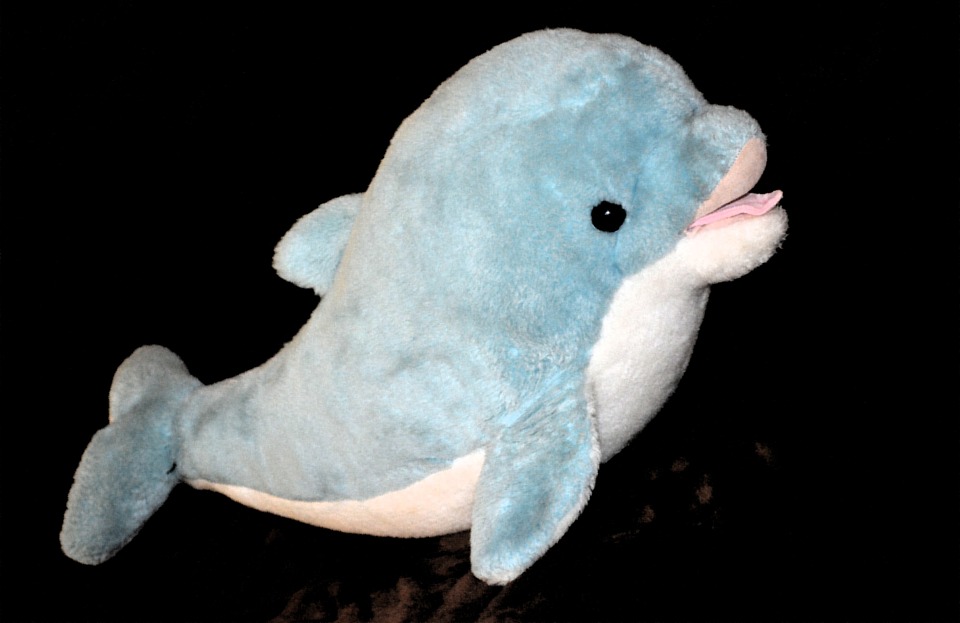Feeding fish in a tank is a critical aspect of their care, and understanding their feeding behavior is essential for their overall health and well-being. This comprehensive assessment will explore various aspects of fish feeding behavior, including their habits, appropriate food types, feeding frequency, and potential feeding problems. Additionally, it will address frequently asked questions related to fish health and feeding.
Feeding Habits of Fish:
Fish have diverse feeding habits that can vary based on species and individual preferences. Understanding these habits is crucial for providing appropriate nutrition. Diurnal and nocturnal feeders have different feeding patterns, with diurnal fish being active during the day and nocturnal fish being active at night. This knowledge helps determine the best time to feed them.
Fish can be classified as carnivorous, herbivorous, or omnivorous based on their diet. Carnivorous fish primarily consume other smaller fish or invertebrates, while herbivorous fish feed on plants and algae. Omnivorous fish have a mixed diet of both animal and plant matter. Knowing the feeding habits of your fish will help you choose suitable food options.
Schooling behavior is common among many fish species, and feeding is often influenced by this behavior. Fish in a school tend to feed together, which can create a more efficient feeding environment and reduce competition for food. It is important to consider this behavior when feeding fish in a tank.
Feeding hierarchies can also exist within a tank, with dominant fish monopolizing food sources. This can lead to malnourishment for subordinate fish. Understanding feeding hierarchies and competition helps ensure all fish receive adequate nutrition.
Feeding Frequency:
Determining the ideal feeding schedule for your fish is crucial. Factors such as fish species, age, and tank environment influence feeding frequency. Overfeeding can lead to health issues such as obesity and water pollution, while underfeeding can result in malnourishment and weakened immune systems. Finding the right balance is essential for fish health.
Appropriate Food Types for Fish:
Assessing the nutritional requirements of your fish is vital for selecting appropriate food types. Different species have specific dietary needs, and providing a well-rounded diet is key to their overall health. Dry and wet foods both have their advantages, and a combination of both can provide a balanced diet.
Live and frozen foods can be beneficial for some fish species, as they closely resemble their natural diet. These foods offer variety and can be a great supplement to their main diet. However, it is important to ensure these foods are free from parasites or diseases.
Supplementary food and treats can be offered occasionally, but they should not replace the main diet. These treats can provide enrichment and mental stimulation for fish.
Potential Feeding Problems:
Several feeding problems can arise in a tank environment. Aggressive feeders and food competition can lead to malnourishment for some fish. Inadequate nutrition can result in various health issues, including weakened immune systems and stunted growth. Feeding disorders and diseases can also occur, requiring prompt attention and appropriate treatment. Uneaten food can contribute to water pollution, affecting the overall health of the tank.
FAQs – Fish Health and Feeding:
The article concludes with a list of frequently asked questions related to fish health and feeding. These questions address concerns such as feeding quantities, determining if fish are adequately fed, mixing different food types, dealing with uneaten food, and signs of malnourishment. It also covers topics like overfeeding, offering live or frozen foods, reducing aggression through proper feeding routines, and seeking professional advice when needed.
Conclusion:
Understanding the feeding behavior of fish and implementing appropriate feeding practices are crucial for their overall health and well-being. By considering their feeding habits, determining the ideal feeding frequency, offering appropriate food types, and addressing potential feeding problems, fish can thrive in their tank environment. Close monitoring of their feeding habits and seeking professional advice when needed will ensure the best care for your fish.









